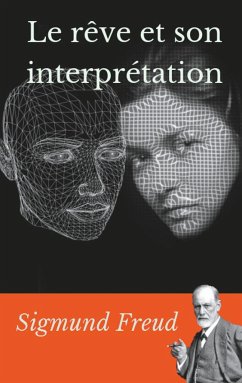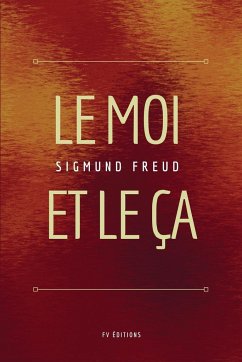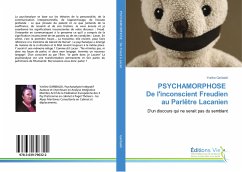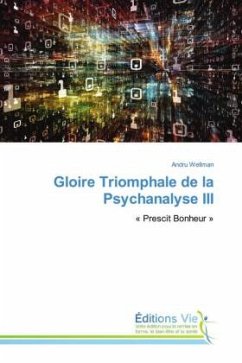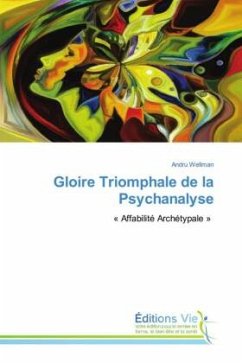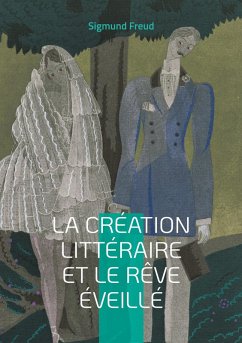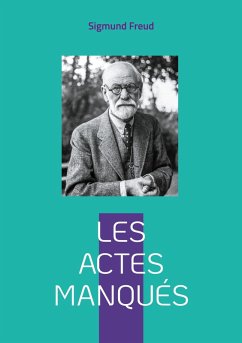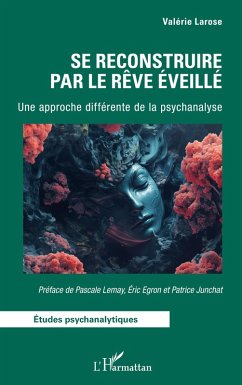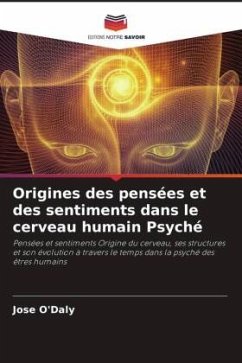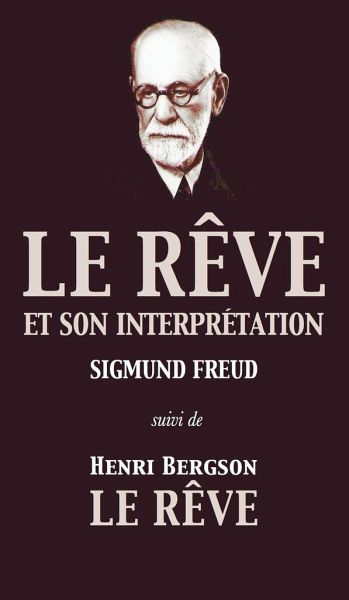
Le Rêve et son interprétation (suivi de Henri Bergson
Le Rêve)
Versandkostenfrei!
Versandfertig in 1-2 Wochen
16,99 €
inkl. MwSt.

PAYBACK Punkte
8 °P sammeln!
Nos rêves ont-ils une signification ? D'où proviennent-ils ? Quelle est leur relation avec l'inconscient ? Face à ces questions, Sigmund Freud et Henri Bergson apportent des réponses complémentaires. Pour le psychanalyste, le rêve, perçu comme l'expression d'un désir, permet d'accéder aux pensées les plus enfouies de ses patients. Pour le philosophe, le contenu onirique est une résurrection du passé et doit avant tout être envisagé dans sa relation avec la mémoire.





